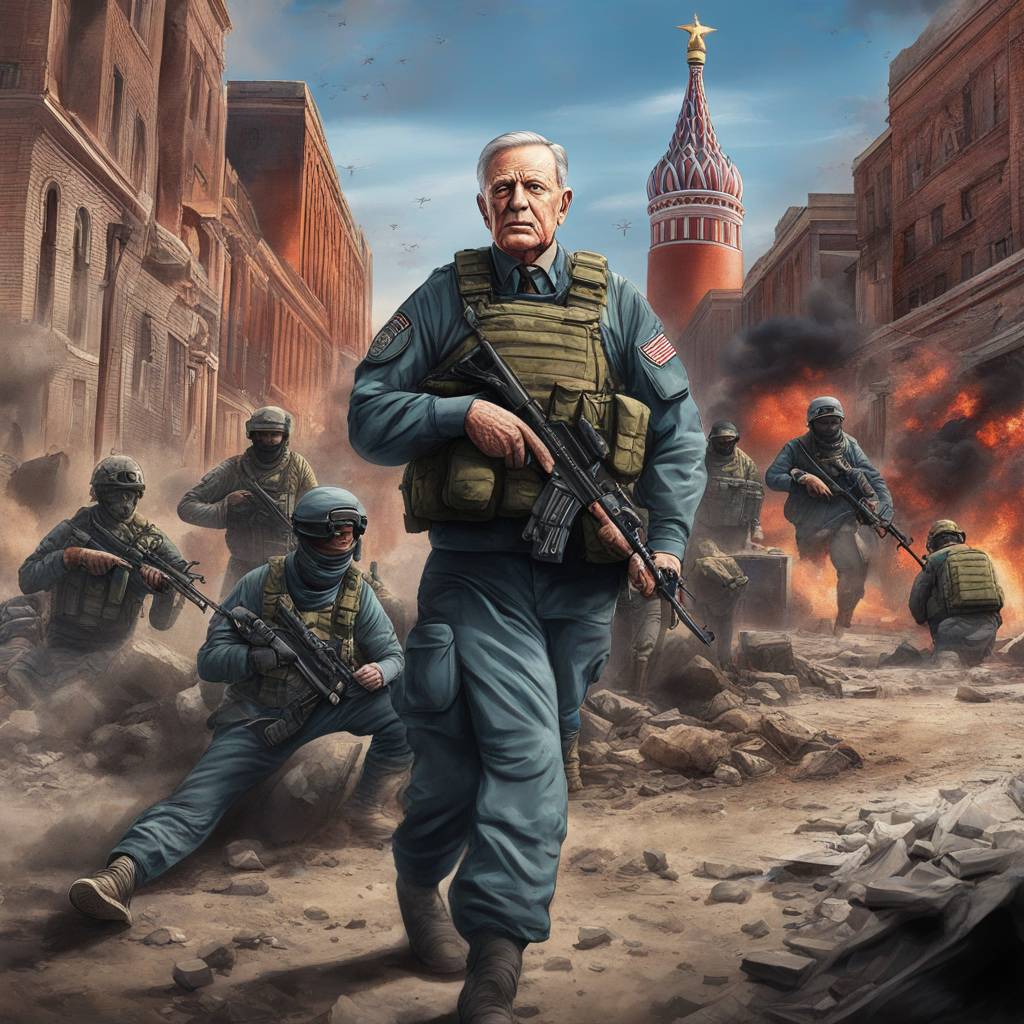Retired Gen. Frank McKenzie, the former head of U.S. Central Command, warns that ISIS has a strong desire to attack the U.S. and other foreign powers. He believes the threat from ISIS is growing, citing recent attacks claimed by ISIS-K in Moscow, Russia, and Iran. McKenzie suggested that the chaotic U.S. withdrawal from Afghanistan in 2021 allowed ISIS-K to gain strength and that further attacks are inevitable. He believes that maintaining a small troop presence in Afghanistan would have prevented this growth and made the U.S. and its allies safer.
McKenzie criticized the decision to completely pull out of Afghanistan, saying it left the U.S. with almost no ability to monitor or strike into the country, which benefits terror groups like ISIS. He argued that keeping pressure on these groups in their homeland is essential to preventing large-scale attacks. The deadly attack in Moscow served as a reminder of the threat posed by terror groups regrouping and planning devastating operations. McKenzie emphasized that this threat is detectable and that proper intelligence sharing and coordination can help prevent such attacks.
McKenzie’s comments come amid warnings from European leaders about the prospect of war, particularly in light of Russia’s invasion of Ukraine. Polish Prime Minister Donald Tusk called on European nations to increase investment in defense, cautioning that Europe is not ready for what he called the current “prewar era.” Swedish defense officials also warned about the potential for war as the nation joined NATO. The Swedish Civil Defense Minister highlighted the dangers of assuming peace as a constant, stating that there could be war in Sweden, emphasizing the need to be prepared for such possibilities.
The U.S. has expressed concerns about the potential for ISIS-K terrorists to cross through U.S. borders and carry out attacks similar to those seen in Moscow. A U.S. counter-terrorism official warned that ISIS is growing bolder and may exploit the chaos at the southern border to target the U.S. The official suggested that an attack on U.S. soil is a possibility and would send a message. McKenzie reiterated the importance of maintaining pressure on terror groups and preventing them from gaining strength and planning large-scale attacks. He highlighted the need for proper intelligence sharing and coordination to thwart such threats.
McKenzie’s experience leading U.S. forces in the Middle East, including the withdrawal from Afghanistan, gives weight to his warnings about the growing threat from ISIS and the importance of maintaining pressure on terror groups. He questioned the decision to completely withdraw from Afghanistan and argued for a small troop presence to prevent the growth of extremists in the region. The recent attacks claimed by ISIS-K in Moscow and Iran serve as stark reminders of the consequences of allowing terror groups to regroup and plan operations. European leaders have also sounded alarms about the specter of war in light of recent geopolitical tensions in Europe.


